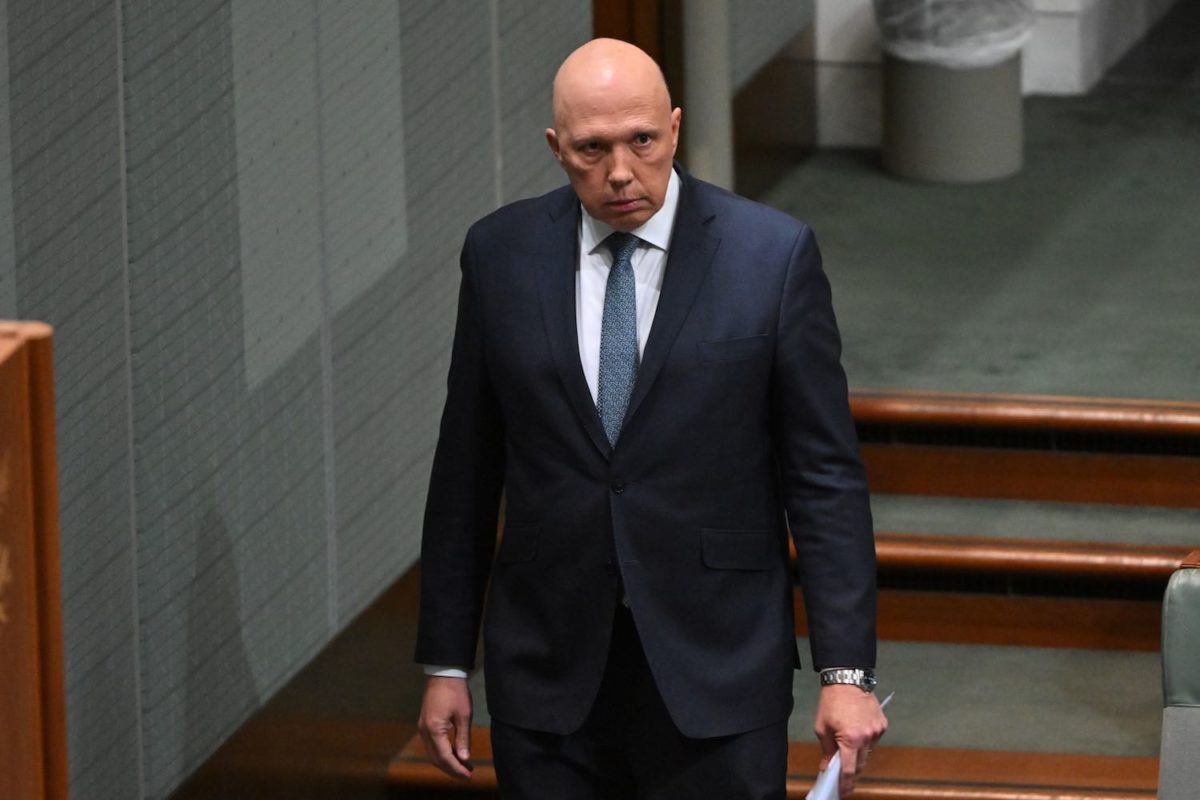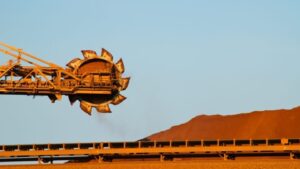We’ve heard it all before from Australia’s federal Coalition and its current leader Peter Dutton, but it has probably never been more apparent just how dangerously delusional they really are about Australia’s energy choices.
In his budget reply speech, and again in interviews on Friday, Dutton was promoting nuclear as a solution to Australia’s energy price crisis, and confirmed the Coalition’s ongoing and complete ignorance about battery storage technologies.
It seems they really do believe they are nothing more to say about big batteries than comparing them to the Big Banana, the absurd comparison first proffered by former prime minister Scott Morrison, who thought he was being clever.
Let’s start with battery storage, because that is the most relevant technology to Australia, and is going to play a hugely significant role in the country’s green energy transition, both in storing energy for use in peak times as well as being the glue that holds a zero emissions grid together.
But this was Dutton on ABC Radio National on Friday morning.
“I’d love to tell you that the battery in Victoria last more than 30 minutes, but it doesn’t.”
The ABC did not pick up Dutton on the outright falsehood of this claim, and it is difficult to over-emphasise the stupidity and ignorance of this statement.
Renewable nay-sayers are fond of claiming that a single battery could only power a state for a matter of seconds or minutes. But such claims reveal a complete lack of understanding on how the grid works.
In short, no battery can power a state for any amount of time. In Victoria, the record low for minimum demand is around 3,000MW. The biggest battery in the state – the Victoria Big Battery is rated at just 300MW, and incidentally has 1.5 hours of storage, not 30 minutes as Dutton claims.
That means that the battery couldn’t power the state for any amount of time. For that matter, nor could any coal or gas station. That is simply not how a grid is built.
Battery storage currently plays a limited role in Australia’s main grid because most of the back-up that is required for the current level of renewables has already been built – to support coal generation.
Battery storage has mostly focused on important grid services such as emergency back-up in case of a grid disturbance, frequency control, and – most recently – starting to provide other important services such as inertia and system strength as the transition to inverter based technologies accelerates.
None of these services require a lengthy amount of storage. That will change as more batteries are needed to time-shift the output of wind and solar, and store energy for peak demand and for wind and solar droughts. Long duration storage such as pumped hydro, and other technologies will also play a vital role.
So when Dutton complains that the “Victoria battery only has half an hour storage”, he is either misinformed or deliberately gas-lighting the community for the sake of his ideology. Sadly, his words carry enough currency in mainstream media – and are rarely corrected – that they stick in the minds of many people.
On nuclear, Dutton was equally misinformed, and equally deluded. “Your point about costs (being the most expensive technology) is completely wrong in relation to nuclear,” he said, blaming the whole conspiracy against nuclear on federal energy minister Chris Bowen.
Sorry, but the assertion that nuclear is the most expensive technology option is widely accepted by virtually everyone in the energy industry, and highlighted in studies by the CSIRO, by the Australian Energy Market Operator, and many others.
Dutton says he wants to have a sensible discussion about nuclear, but then tries to start it off with an outright lie. All the evidence from new nuclear reactor builds in western economies – the UK, France and US – is of huge delays and massive cost over-runs.
Dutton insists that small nuclear reactors will be the solution. We won’t know that until someone actually builds one for commercial use. That’s unlikely to happen much before 2030, if then, by which time Australia’s grid should be almost entirely renewable.
The voices calling for nuclear are much the same as those calling for new coal generators and carbon capture and storage and those questioning the science on climate change. It’s all about delay. But there’s been enough of that over the last few decades. It’s no longer a viable option. But it’s still a political strategy.









